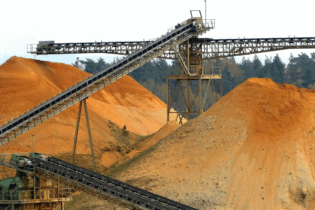The City of Cape Town is pursuing smart water solutions in an effort to improve its water management ability.
The municipality is set to rollout two applications (apps) that combine intelligent water infrastructure with data analytics to yield actionable information and proactive water management. Both apps will be rolled out to approximately 500 terminals, constituting the first step in moving from Automatic Meter Reading (AMR) to Advanced Metering Infrastructure (AMI). The apps from USC Metering Pty Ltd, which trades as Utility Systems are the utiliPro, which is an in-field management app that allows technicians to manage and configure Water Management Devices in the field, and the utiliRead, which is a mobile app that facilitates walk or drive-by meter reading and the capturing and navigation of meter-reading routes.An evolution from reactive water management
This shift will, in future, allow for the remote management, control and reading of all meters under the City’s management. The shift is also an evolution from reactive water management, in which data was limited to monthly readings and timeframes for solving problems were protracted, to proactive water management, of which the meter is only a small part. Darren Oxlee, CTO of Utility Systems, says the richness of these solutions comes from the near real-time data, the ability to analyse and model this data, and the channel for communicating bi-directionally with water meters. “Eventually, the City will have insight – using machine learning, deep learning and other techniques – into how water is being used, where it is being lost, and how to manage it in future,” he explains.In practice, the City of Cape Town will be better able to control its water assets and execute strategic water planning, by leveraging a fully configurable smart metering device in a manageable and auditable way.






